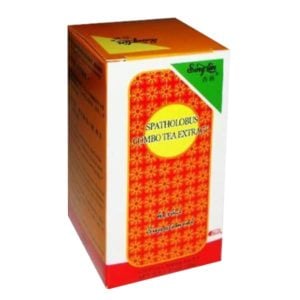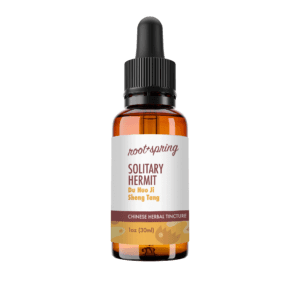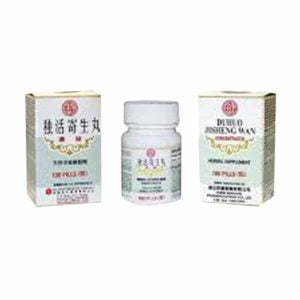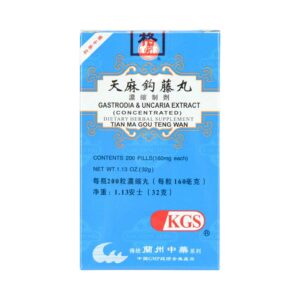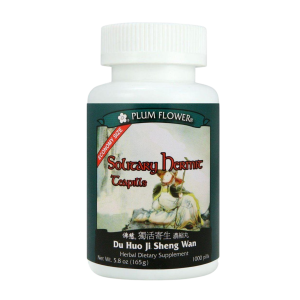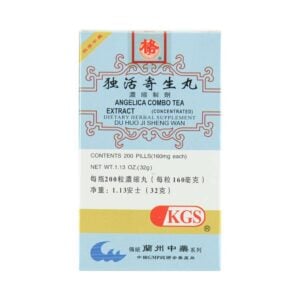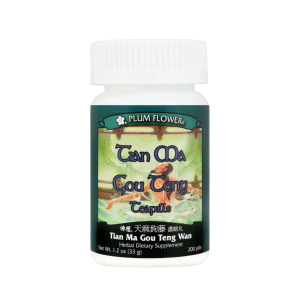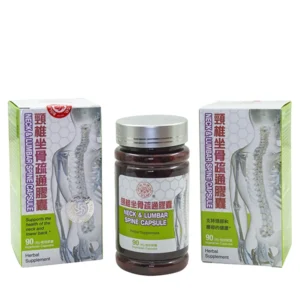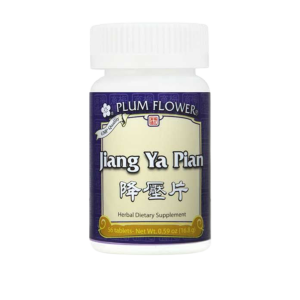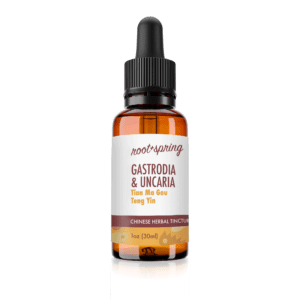Sang Ji Sheng
English Name: taxillus, loranthus twig, mulberry mistletoe stem
Pharmaceutical Name: Herba Taxilli
Medica Category: Wind Damp Dispelling Herbs – Tendon and Bone Strengthening Herbs
Properties: Sang Ji Sheng enters the Liver and Kidney channels; it is bitter in nature and neutral in temperature.
What is Sang Ji Sheng?:
The Chinese Herb Sang Ji Sheng is the dried branches, stems, and leaves of mulberry mistletoe (Taxillus chinensis (DC.) Danser.), which is a kind of parasitic plant that grows out of the Chinese mulberry tree. (see also Lornthus Parasiticus).
Traditional Chinese Medicine (TCM) Therapeutic Actions of Sang Ji Sheng:
Sang Ji Sheng dispels wind-dampness and nourishes the Liver (which governs the tendons and sinews) and Kidney (which governs the bones). This combination of actions allows Sang Ji Sheng to treat bi zheng (painful obstruction syndrome) where chronic yin deficiency over years has manifested as chronic lower back and knee pain/weakness (as well as other issues involving chronic pain and stiffness in the joints, tendons, and bones, usually in the lower half of the body). It is one of the two chief herbs in the formula Du Huo Ji Sheng Wan.
Sang Ji Sheng calms the fetus; it is indicated for restless fetus associated with yin and blood deficiencies.
Additional notes:
Hu Ji Sheng (Viscum coloratum herb — colored mistletoe) is often used interchangeably with Sang Ji Sheng. Both herbs dispel Wind-
Damp, tonify the Liver and Kidneys, strengthen the tendons and bones and calm the fetus. Both are used for Wind-Damp Bi, lower back and leg pain and weakness, weakness of the sinews and bones and restless fetus patterns. However, Hu Ji Sheng is stronger at dispelling Wind-Damp and is more often used for Bi Syndrome, while Sang Ji Sheng is stronger at tonifying the Liver and Kidneys and stabilizing the Chong and Ren channels.

